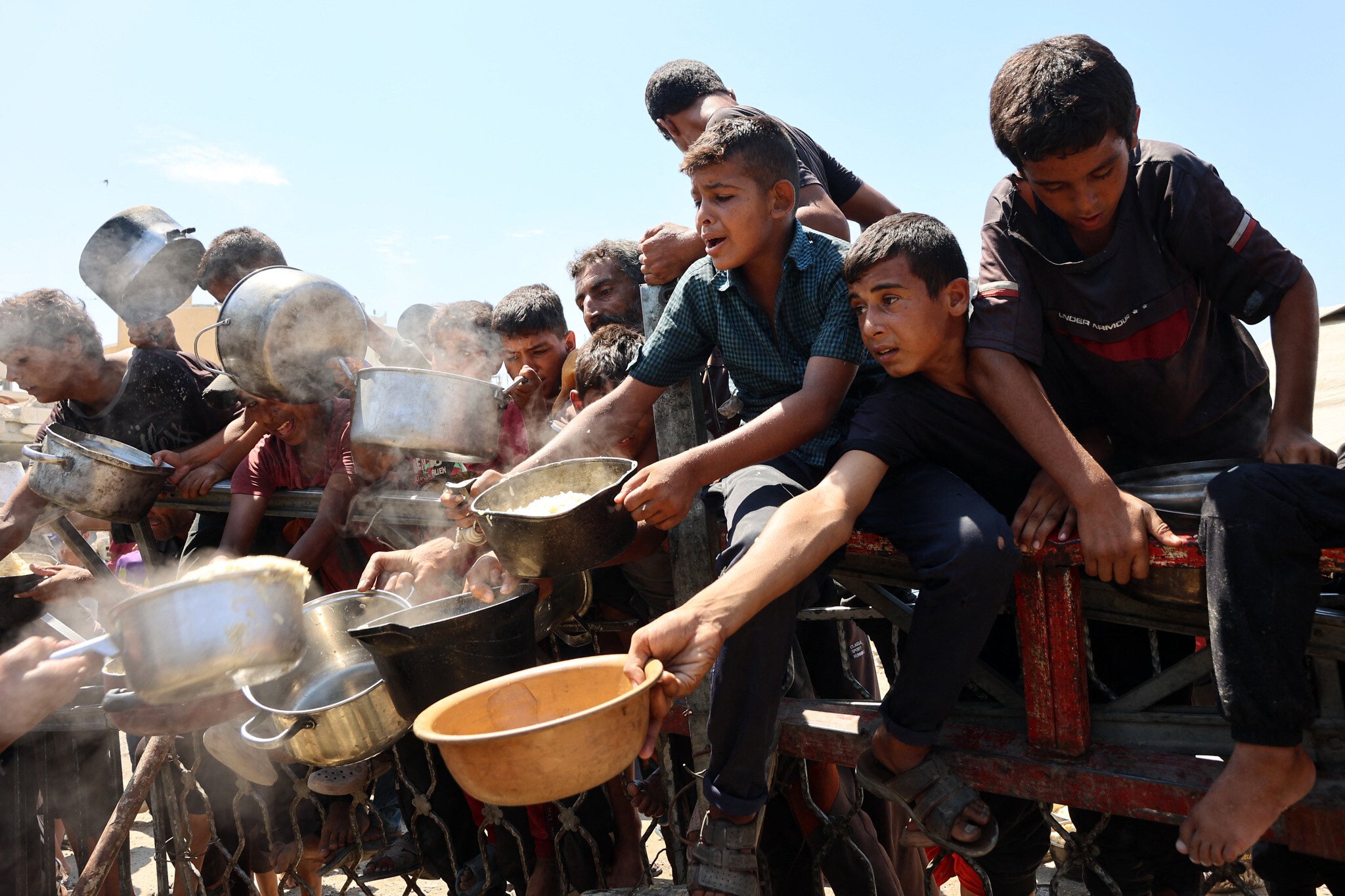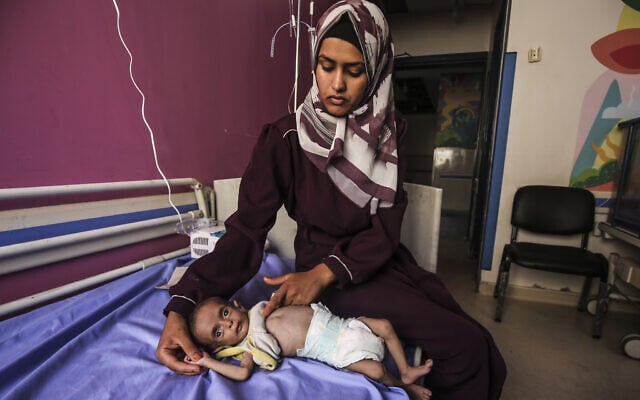


Israel’s Coordinator of Government Activities in the Territories (COGAT) and the Foreign Ministry released a 58-page review on Thursday, accusing the UN-backed Integrated Food Security Phase Classification (IPC) of issuing a “politicized” and “methodologically flawed” famine declaration for Gaza.
At the heart of Israel’s criticism is not only the data but also the neutrality of the IPC’s Famine Review Committee (FRC), which declared famine in northern Gaza on August 22 — the first such designation in the Middle East.
According to the Israeli review, several committee members had previously taken overtly political positions. One co-author, Andrew Seal, accused Israel of committing genocide less than three weeks after October 7, 2023, before the IDF’s ground offensive began. Another, Zeina Jamaluddine, described Hamas’s October 7, 2023, invasion and massacre in southern Israel as an attempt at “decolonizing.” Others voiced support for Houthi attacks on international shipping.
Israel argued that the presence of such figures on a panel meant to apply technical and professional standards undermined the credibility of the process.
“The inability of the FRC to immunize itself from the infiltration of individuals expressing such morally abhorrent positions, if only for the sake of appearances, suggests a worrying deterioration in the professionalism of the organization,” the report said.
Alongside these concerns, Israel pointed to what it described as systematic distortions of evidence. Central to its critique is the FRC’s reliance on mid-upper arm circumference (MUAC) measurements rather than the standard weight-to-height (WHZ) ratio. According to Israel, this approach exaggerated the number of children classified as severely malnourished, producing results up to six times higher than the traditional method. The review said that if proper measurements had been used, Gaza would have fallen well short of the famine threshold.
Israel also criticized the committee for relying on data drawn largely from hospital settings, where many children were already being screened for, participating in, or had participated in Blanket Supplementary Feeding Program (BSFP) malnutrition prevention programs. According to the report, this approach is at odds with IPC guidelines and introduces a profound selection bias, making the findings unreliable as an indicator of the general population’s nutritional status.
“The malnutrition criteria for famine declaration was almost certainly unfulfilled,” the review stated.
The Israeli report noted further inconsistencies in the FRC’s data. Annex tables in the August 22 report showed no upward trend in malnutrition in July, despite claims by the committee of an exponentially growing crisis.

The IPC findings were previously slammed by Foreign Ministry Director-General Eden Bar Tal, who last month accused the group of deliberately ignoring its own evidence standards to reach a “prefabricated conclusion of famine” in support of “Hamas fake starvation propaganda.”
In an August 30 response to critics, the IPC admitted it had relied on a separate, previously undisclosed dataset, which Israel said was riddled with “major methodological violations” and implausible results. UNRWA figures for Gaza City produced MUAC ratios higher than anything documented in medical literature, raising doubts about measurement reliability.
Israel also accused the committee of cherry-picking results. Two July food security surveys diverged sharply — one found 36 percent of households registered “very severe” Household Hunger Scores, while another found just 12%. The FRC emphasized only the higher figure.
Mortality data also failed to support the famine claim: even Hamas-run health ministry figures — often cited by aid agencies but criticized by Israel for potential inflation — showed death rates far below the IPC’s threshold of two deaths per 10,000 people per day, which in Gaza would amount to hundreds of excess deaths each day.

Finally, Jerusalem accused the IPC of ignoring evidence of improving conditions. The report noted that while the UN body highlighted rising food prices through mid-July, it disregarded the subsequent drop in prices and significant increase in aid deliveries from late July into August. Nor did it mention measures to expand humanitarian access, such as the opening of crossings and supply routes.
“Each deviation reflects a general departure from transparency, neutrality, and methodological rigor, in order to promote a predetermined goal,” Israel’s review concluded. “Instead of correcting errors, the FRC doubled down on practices that inflated famine signals and buried inconvenient evidence.”

